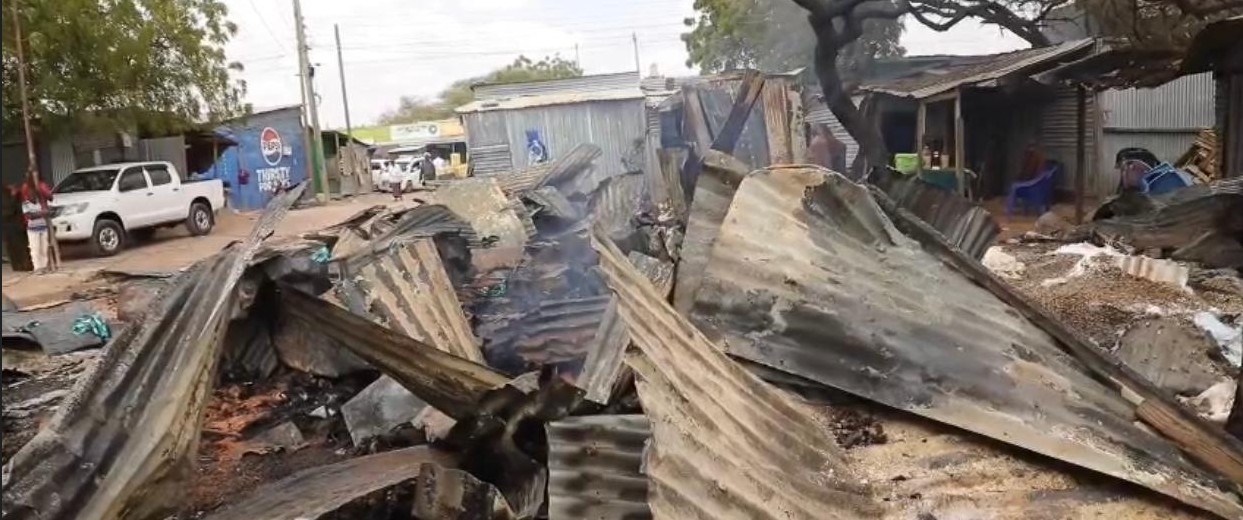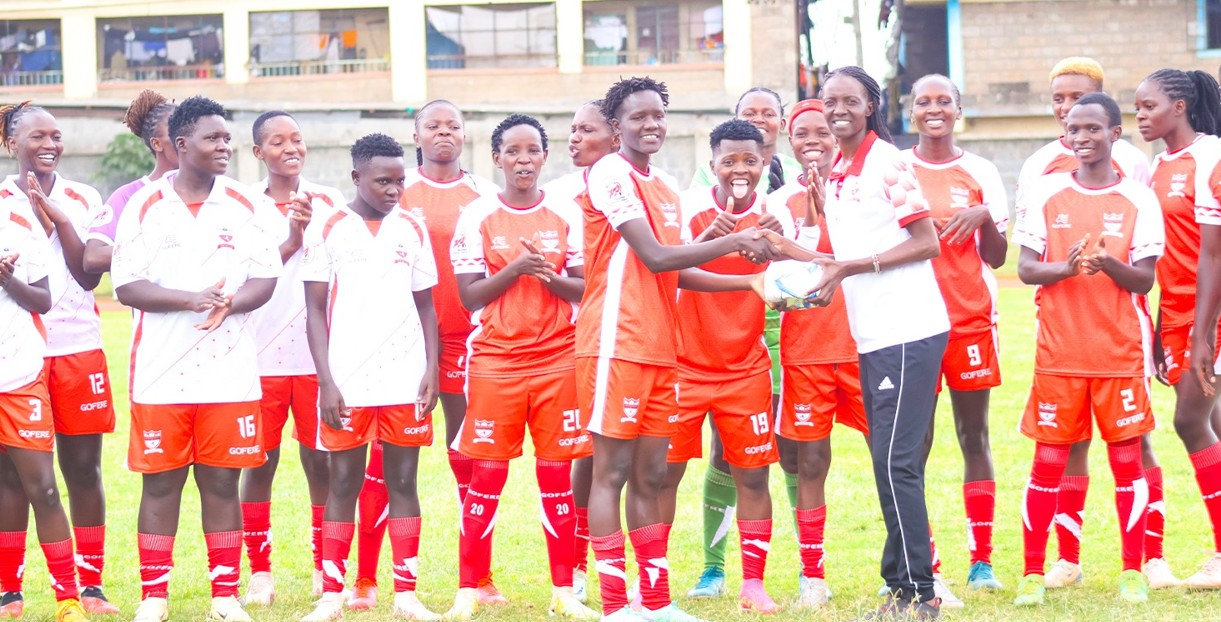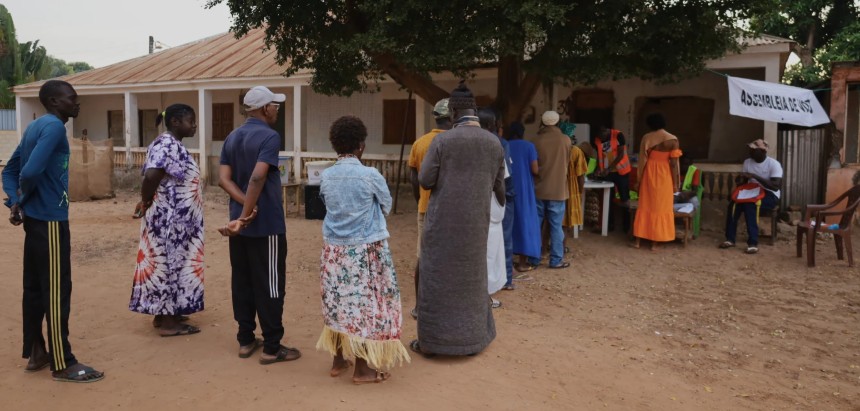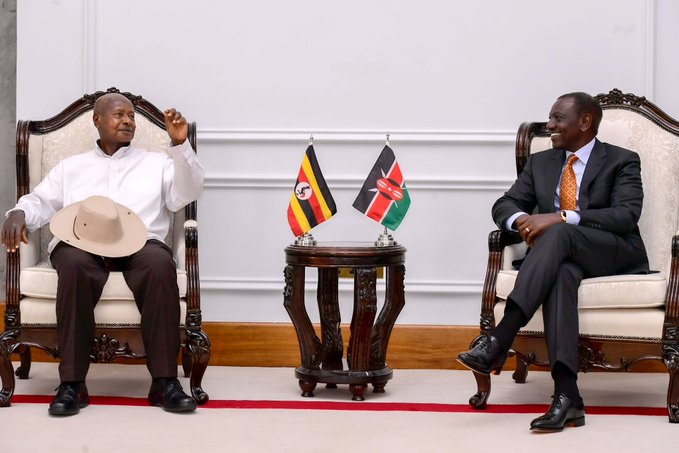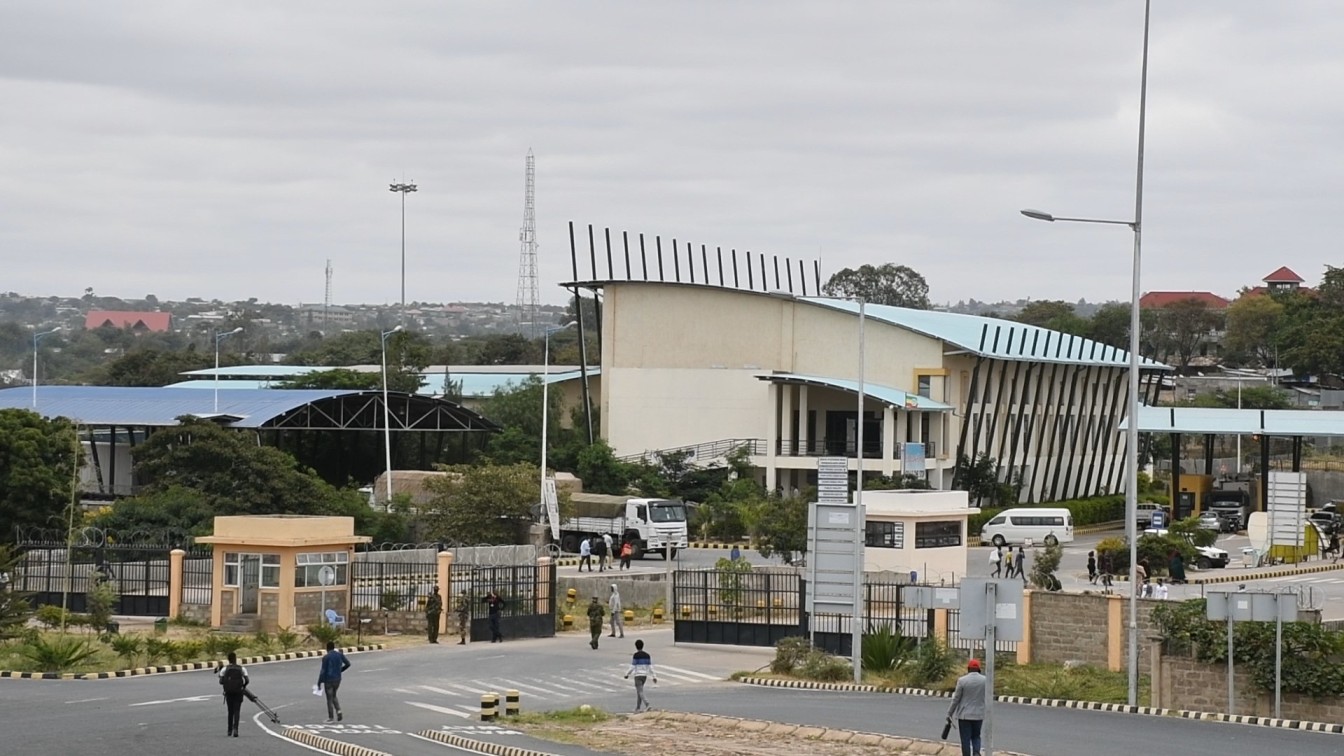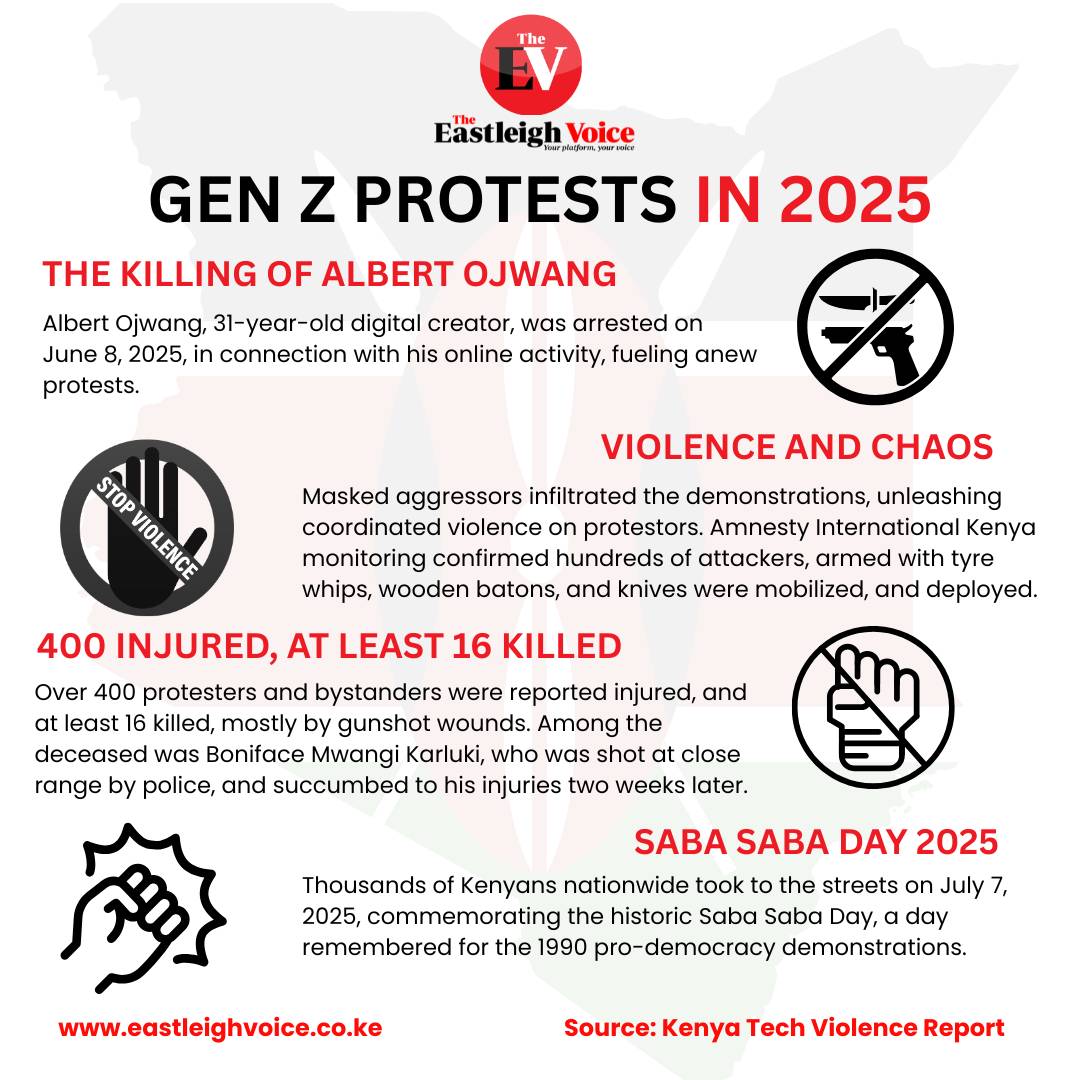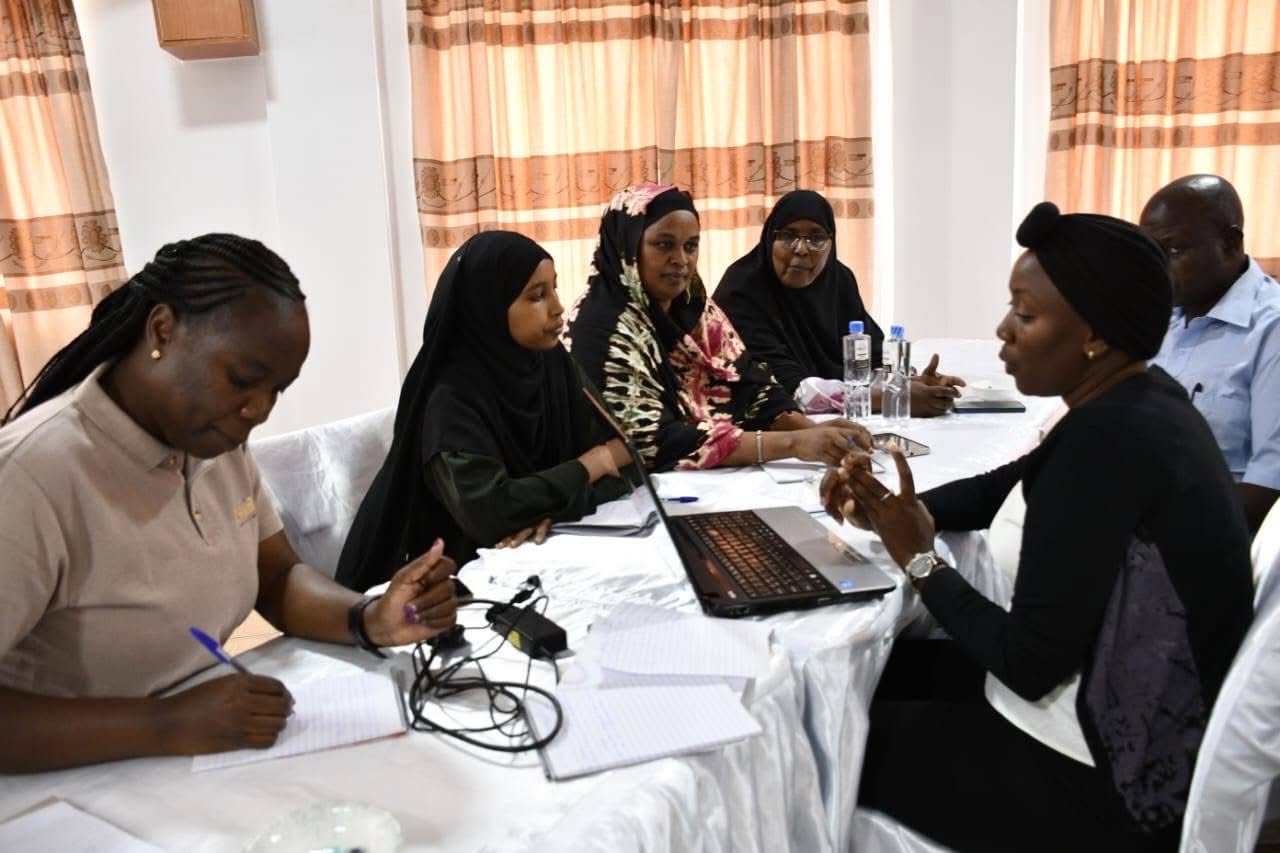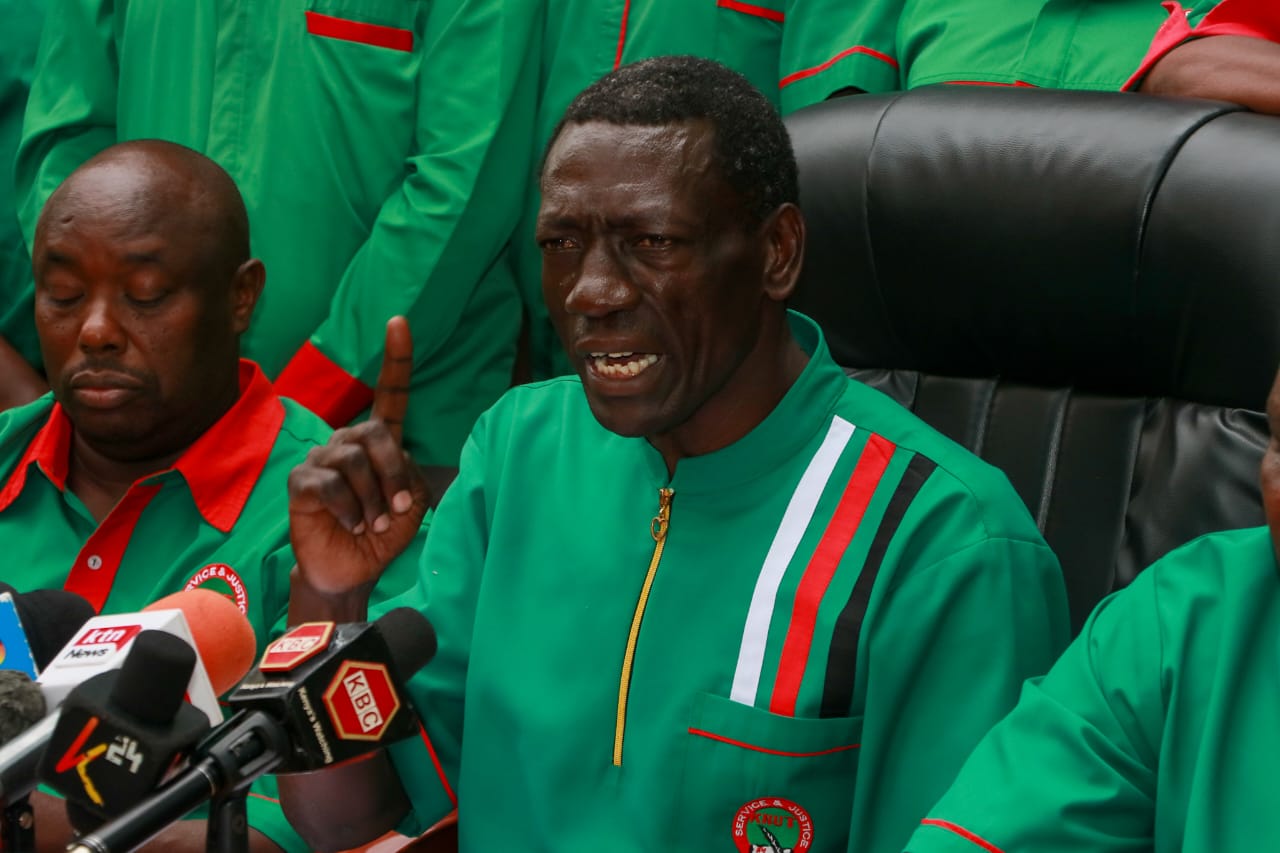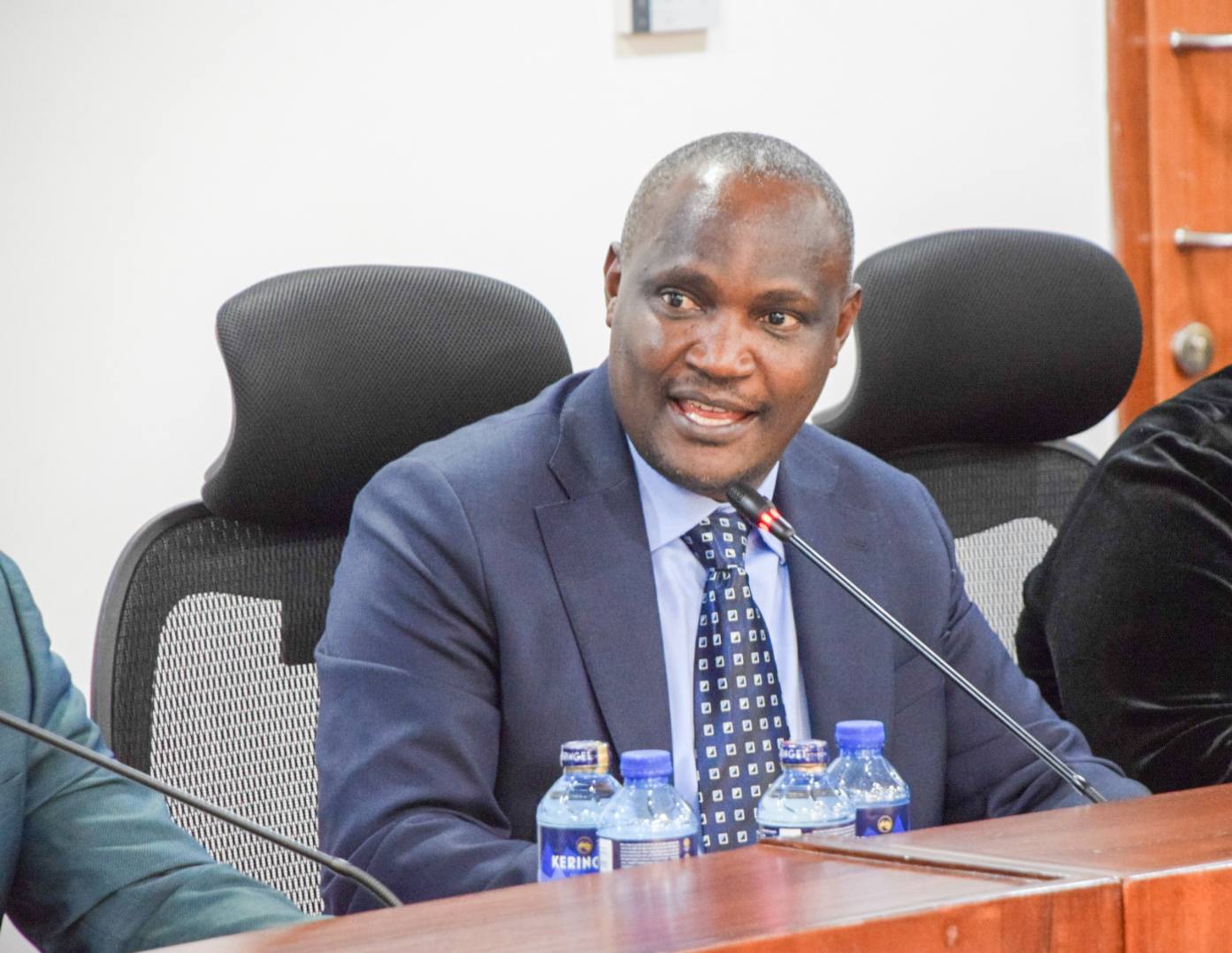Tea board to probe workers paid without farms in crackdown on fraudulent earnings

Agriculture Principal Secretary Paul Ronoh said the audit will specifically target employees whose earnings appear disproportionate to their farm sizes.
The Tea Board of Kenya has been tasked with auditing workers at select factories after findings showed some are receiving payments without owning tea farms.
Agriculture Principal Secretary Paul Ronoh said the audit will specifically target employees whose earnings appear disproportionate to their farm sizes, as the government seeks to curb long-standing practices that disadvantage small-scale farmers.
More To Read
- Farmers accuse KTDA of favouring Eastern regions in bonuses
- National Assembly probes tea bonus disparities after farmer complaints
- National Assembly to probe tea sector over low bonuses and uneven pricing
- Relief for tea farmers as subsidised fertiliser arrives at Mombasa Port after months of delay
- KTDA suspends staff travel, training in cost-cutting drive amid outcry over farmers' bonus cuts
- Agriculture Ministry blames external factors for drop in 2024/25 KTDA tea payments
“This is our time to sort out the issues affecting small-scale tea farmers. Farmers must get their deserved rights. The time for practices seen to disadvantage farmers is ending,” Ronoh said on Saturday during an event in Narok.
He noted that while audits have already been carried out across several tea factories, the results indicated that deeper issues persist, prompting a more targeted review.
“We have done audits across factories, and we will continue to conduct them. But we have realised there are still problems,” he said.
The new audit will focus on factory workers receiving payments without owning tea farms, or those whose earnings appear higher than what their farm sizes would yield.
“Now we have asked the Tea Board of Kenya (TBK) to conduct audits on tea factory workers who are getting money but don’t have tea farms. If you know you are getting money from tea and you don’t own a tea farm, prepare. If you are getting more pay from tea and your tea farm is small, also prepare, we will review those concerns,” Ronoh said.
He also raised concerns over fund management in some factories, where revenue meant for farmers is allegedly routed to general accounts, potentially allowing the money to be used in ways that differ from stakeholders’ expectations.
“Something else we have realised is that some tea factories channel their money to a general…bank account so that they can use the money in ways that may not align with expected usage. We have now directed that all tea factories immediately open their own accounts so that money goes directly to each factory,” he said.
Ronoh emphasised that the law requires every tea factory to maintain an independent bank account to promote transparency and accountability.
“The law requires that each tea factory must have an independent bank account where money is received and used for the intended purpose, which is to pay farmers,” he said.
He highlighted other government interventions in the sub-sector, including lowering fertiliser costs to Sh2,500, recovering Sh2.7 billion that was nearly lost, removing taxes and enabling direct sales through a bill currently before Parliament. He added that efforts are underway to secure additional international markets.
“Next week I will be in Iran,” Ronoh said, highlighting the government’s commitment to expanding market access and boosting farmers’ incomes.
During his State of the Nation Address, President William Ruto reported a significant rise in tea production and earnings during his tenure, noting that revenue increased from Sh138 billion in 2022 to Sh215 billion in 2024, a 56 per cent jump.
He said the government had opted to subsidise production, a move that triggered public protests in 2022, when Kenyans marched with empty sufurias to express frustrations over the high cost of basic commodities.
Ruto emphasised that agriculture is not merely another sector of the economy but the backbone of the nation.
“If we were to secure households, stabilise prices, create jobs, expand industry and spur exports, agriculture had to be the fulcrum of our transformation agenda,” he said.
The President highlighted the government’s launch of an integrated digital platform to register farmers. While fewer than 300,000 farmers were on record in 2022, over 7.1 million farmers have now been registered on the Kenya Integrated Agricultural Management Information System (KIAMIS).
“This system gives the government visibility to design scientific, targeted interventions and eliminate extortionists, brokers, cartels and middlemen,” Ruto said, noting that the platform will help streamline support and strengthen the agricultural sector.
Top Stories Today
